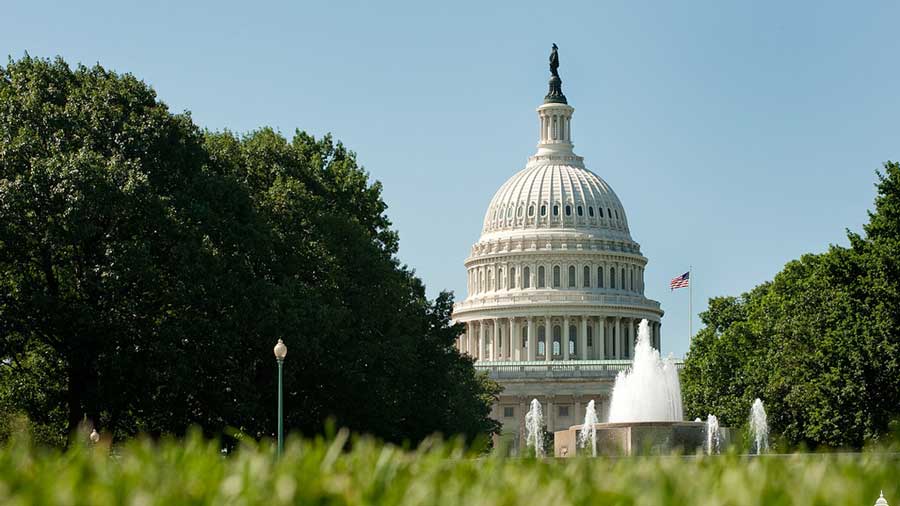Supremes Deny Appeal of Charter VoIP Decision

The smarter way to stay on top of broadcasting and cable industry. Sign up below
You are now subscribed
Your newsletter sign-up was successful
Interconnected VoIP appears to be an information service not subject to state regs, at least according to the federal courts.
The Supreme Court has refused to hear the appeal of a lower court decision that Charter's VoIP service is an information service that cannot be regulated/taxed on both the state and federal level.
The FCC has yet to define interconnected VoIP (IP-delivered phone service that connects to the public-switched telecommunications network), but Charter, in a corporate reorganization, declared it an information service subject only to federal, not state, regulation.
Minnesota's Public Utilities Commission disagreed, suggesting Charter was breaking the law. Charter sued; a district court agreed with Charter and concluded--in a summary judgment--that it's interconnected VoIP offering was an information service, the Eight Circuit Federal Appeals Court, in a decision handed down September 2018, agreed, and the Supreme Court has now declined to hear an appeal of those conclusions.
The district court had concluded that although the FCC had not defined VoIP, they were persuaded it was an information service and thus Minnesota's efforts to regulate it were preempted.
Just how the FCC can preempt state efforts to regulate information services is a hot topic these days after the D.C. federal appeals court vacated the FCC's blanket preemption of state efforts to re-regulate internet access service following the FCC's elimination of its ISP-regulating rules.
The smarter way to stay on top of broadcasting and cable industry. Sign up below
Contributing editor John Eggerton has been an editor and/or writer on media regulation, legislation and policy for over four decades, including covering the FCC, FTC, Congress, the major media trade associations, and the federal courts. In addition to Multichannel News and Broadcasting + Cable, his work has appeared in Radio World, TV Technology, TV Fax, This Week in Consumer Electronics, Variety and the Encyclopedia Britannica.

